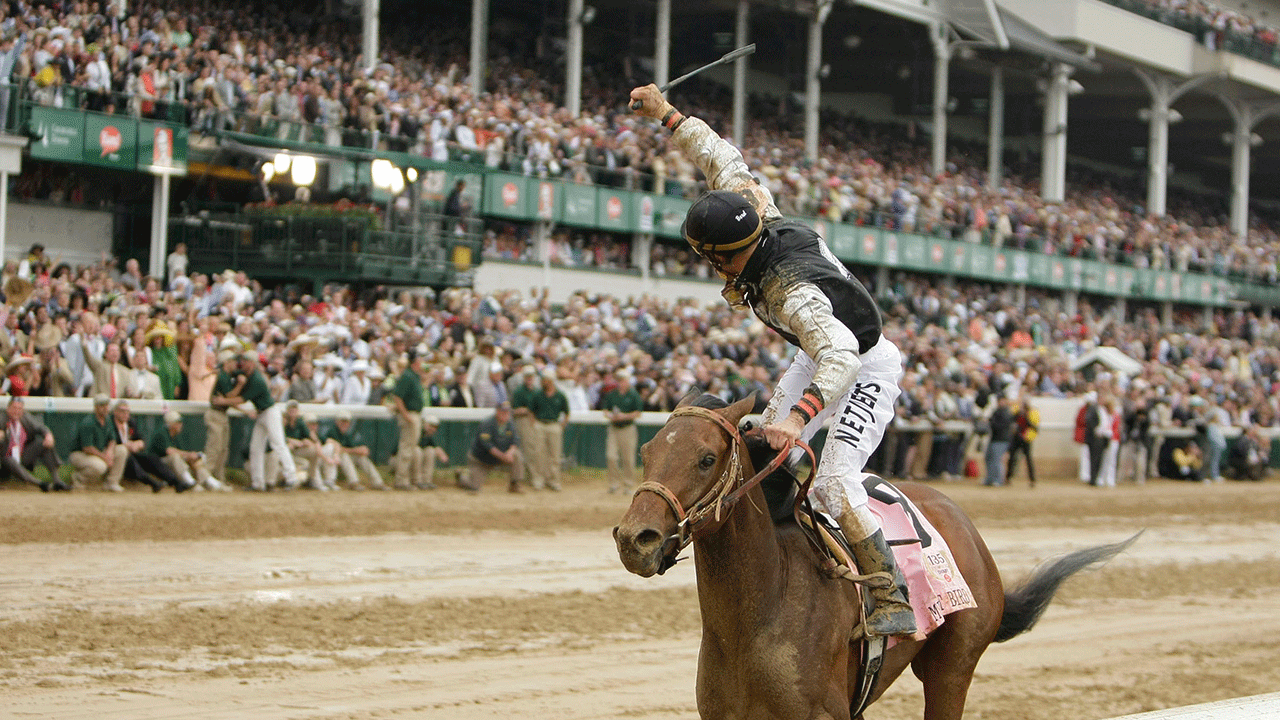Ahead of the Paris Olympics, the International Olympic Committee (IOC) has released a language guide urging media not to refer to trans athletes as either "biological males" or "biological females."

The International Olympic Committee (IOC) has released a new language guide for media outlets covering the upcoming Paris Olympics, urging them to avoid using certain terms when referring to transgender athletes.
The guide, titled "Portrayal Guidelines," was updated this week and includes a section on "Problematic Language" that advises against using terms like "biological male" and "biological female" when describing trans athletes.

According to the IOC, these terms can be "dehumanizing and inaccurate" and should be replaced with language that emphasizes the athlete's actual gender.
The guide also advises against using terms like "born male" or "born female," "sex change," and "transsexual." Instead, it recommends using terms like "identifies as" and "gender-affirming medical care."

The IOC's guidelines are in line with those of other major sports organizations, including the NCAA and the International Swimming Federation (FINA).
In recent years, there has been growing debate over the participation of transgender athletes in sports. Some argue that trans women have an unfair advantage over cisgender women due to their larger frames and greater muscle mass.
Others argue that trans athletes should be allowed to compete in the sport of their gender identity, and that any advantages or disadvantages they may have are outweighed by the importance of inclusivity.
The IOC's new guidelines are designed to help media outlets cover transgender athletes in a fair and accurate manner, and to promote inclusivity and respect for all athletes.
Here are some of the key points from the IOC's "Problematic Language" section:
* Avoid using phrases like "born male" or "born female," as they can be dehumanizing and inaccurate when used to describe transgender sportspeople.
* It is always preferable to emphasize a person's actual gender rather than potentially calling their identity into question by referring to the sex category that was registered on their original birth certificate.
* Do not use terms like "identifies as" or "sex change," as they can be seen as dismissive or disrespectful of transgender people's identities.
* Use gender-neutral language whenever possible, such as "partner" or "spouse" instead of "husband" or "wife."
The IOC's guidelines are a welcome step towards ensuring that transgender athletes are treated fairly and respectfully in the media. By using inclusive and accurate language, media outlets can help to create a more welcoming and supportive environment for all athletes.










